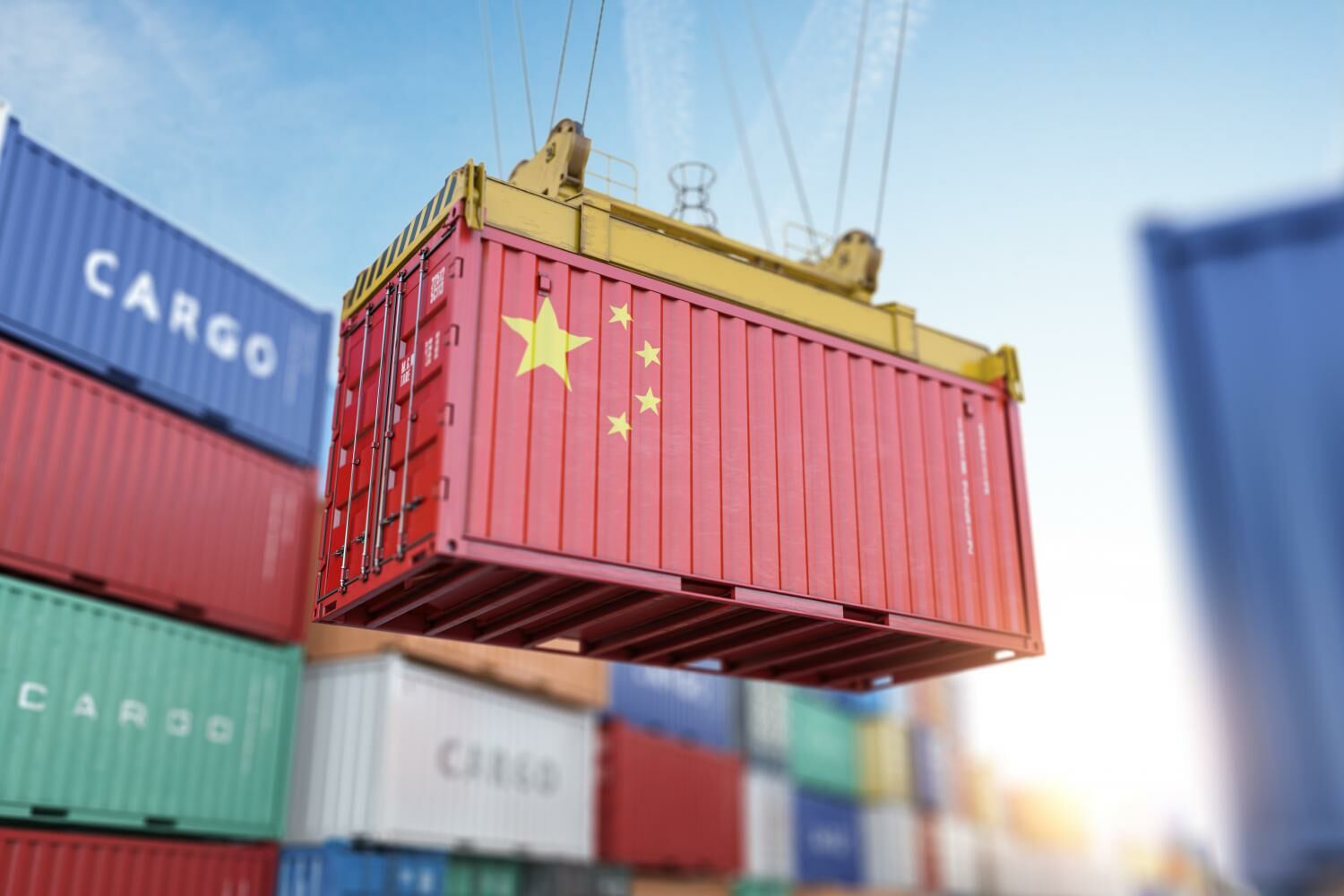Thai authorities tackle surge in cheap Chinese imports

A surge in cheap Chinese products flooding Thai markets, particularly through e-commerce platforms, has prompted Thai authorities and organisations to seek measures to protect local producers. The influx has negatively impacted local small manufacturers of household goods and has boosted calls for the Revenue and Customs departments to expedite their efforts in controlling this wave of low-cost goods.
Prime Minister Srettha Thavisin recently advocated for tighter scrutiny on customs declarations, following numerous instances where importers under-declared the value of their goods to benefit from value-added tax (VAT) and import tariff waivers.
A key factor behind the flood of Chinese products is a tax and tariff waiver. To support local businesses, Thailand waived the import duty and VAT on imported parcels with combined prices and cost, insurance, and freight fees of no more than 1,500 baht (US$41) per piece. The limit was increased from 1,000 baht in 2018. Approximately 30 million parcels are shipped into Thailand each year, with half of the importers claiming that the item price is lower than 1,500 baht.
The Federation of Thai Industries (FTI) revealed that around 20 industrial sectors, including steel, aluminium, plastics, ceramics, petrochemicals, and medicine, are battling increased competition due to these imports, with small and medium-sized enterprises (SMEs) being the hardest hit. Kriengkrai Thiennukul, chairman of the FTI, remarked that Chinese imports have led to a 50% decrease in production for some local manufacturers.
The industry body is calling for additional government assistance, while Industry Minister Pimphattra Wichaikul has directed the Thai Industrial Standards Institute (TISI) to collaborate with the Customs Department to examine the quality of imported goods, especially those overseen by the TISI. This move is designed to curb the influx of low-quality, inexpensive products that are currently saturating the market, reported Bangkok Post.
Surprisingly, some local businesses have temporarily ceased production at their factories and have instead become importers of Chinese goods. Large steel industry companies, such as Tata Steel Thailand Plc (TSTH), expressed concern over the cheap steel imports from China. TSTH stated that Thailand’s capacity utilisation in the steel industry continues to decline due to slow economic recovery and the influx of low-priced Chinese steel.
Chinese imports
Sanan Angubolkul, chairman of the Thai Chamber of Commerce, pointed out that China’s status as a major global manufacturing hub, with abundant raw materials and efficient supply chains, leads to lower production costs and cheaper products. These factors, in combination with the e-commerce boom, have resulted in an increase in cheap Chinese products in the Thai market.
While the local retail sector is expected to grow this year, according to the Kasikorn Research Centre, it will face stiff competition from imported products, particularly those from China. In 2022, Thailand imported consumer goods worth 470 billion baht from China, a 2.8% increase year-on-year. Electrical appliances account for 43.3% of total imports, followed by fruit and vegetables at 10%, as per the Commerce Ministry’s data.
Despite the challenges, solutions are being explored. The Finance Ministry is considering a 7% VAT on imported goods worth less than 1,500 baht, while keeping the import tariff waiver, to reduce the tax gap between Chinese and domestic manufacturers. Other potential measures include enforcing anti-dumping and anti-circumvention measures, enhancing customs inspections of imported goods, and speeding up the establishment of standards for industrial products.
Thailand’s e-commerce gross merchandise value reached 980 billion baht in 2023, making it the second-largest market in Southeast Asia. As the Thai e-Commerce Association (THECA) continues to strategise on ways to tackle the influx, they are also discussing opportunities with Wuhan city in China to bring local SMEs to sell products in China, hiring Chinese influencers to promote Thai products through live commerce.
Latest Thailand News
Follow The Thaiger on Google News:


























